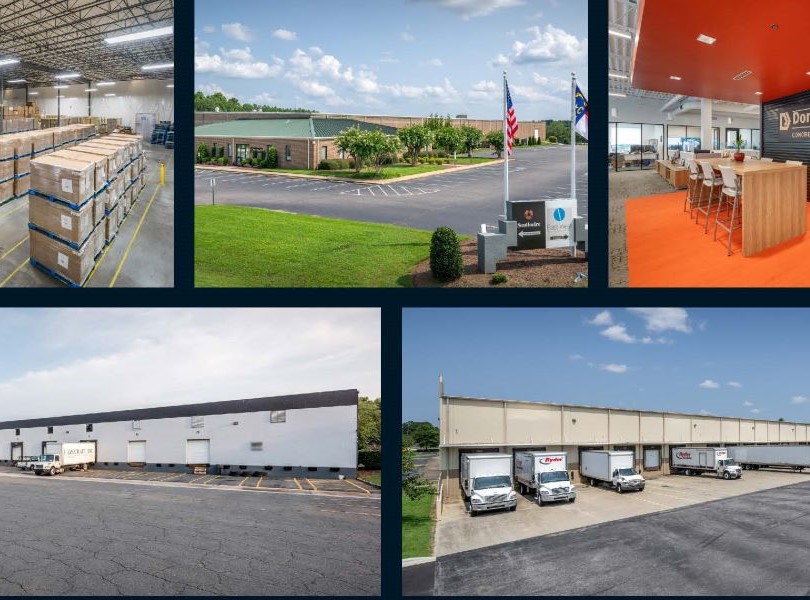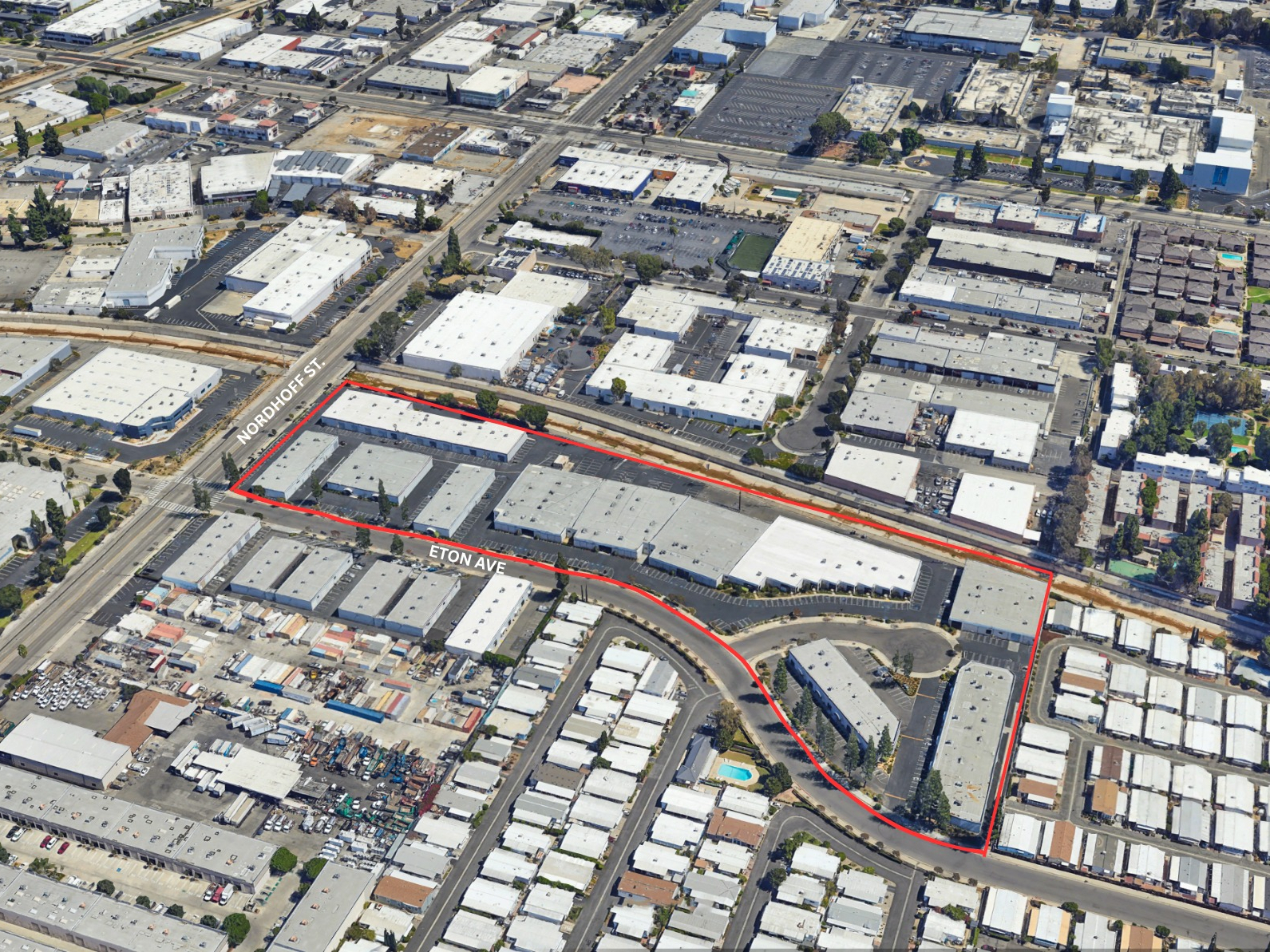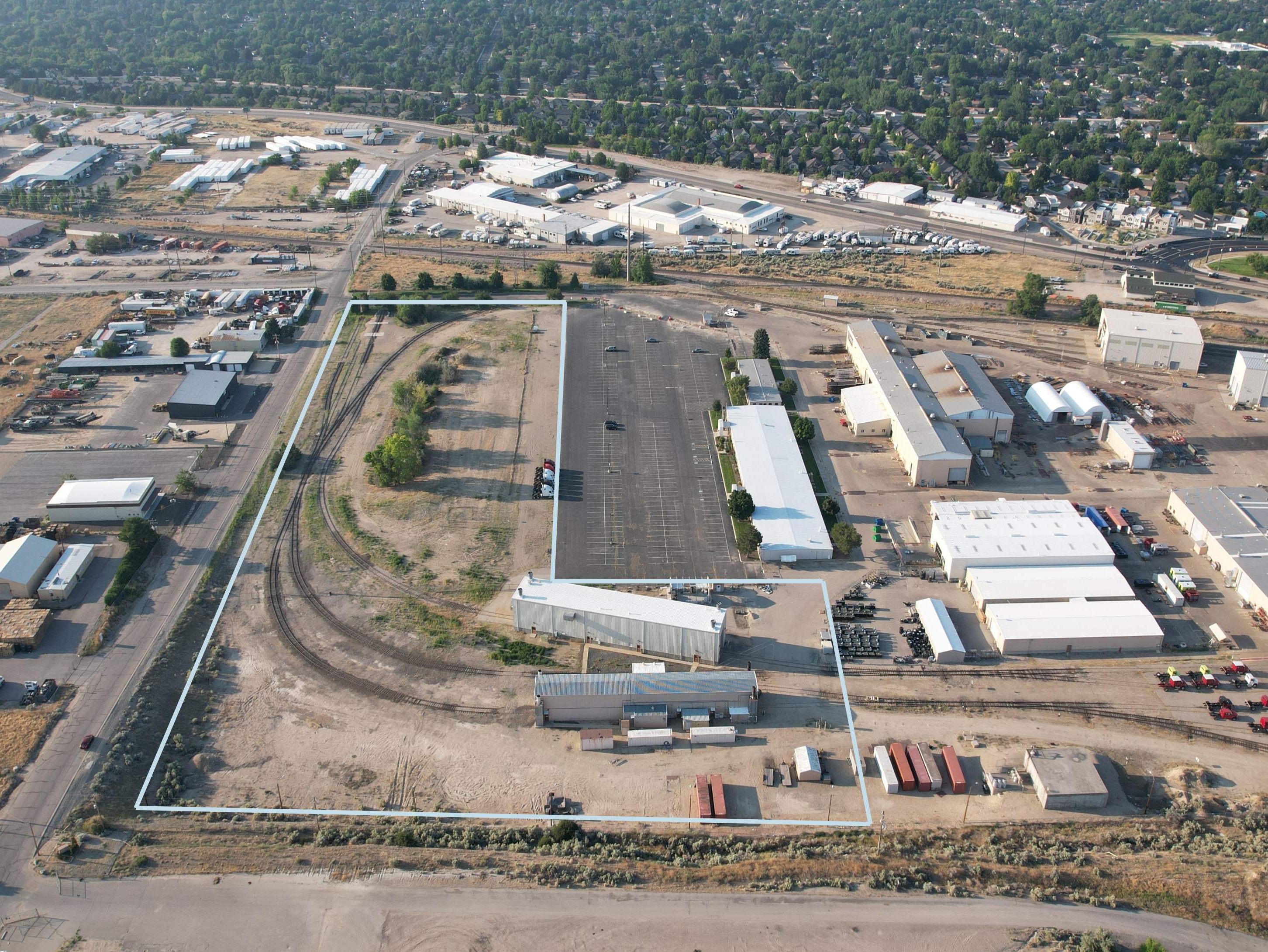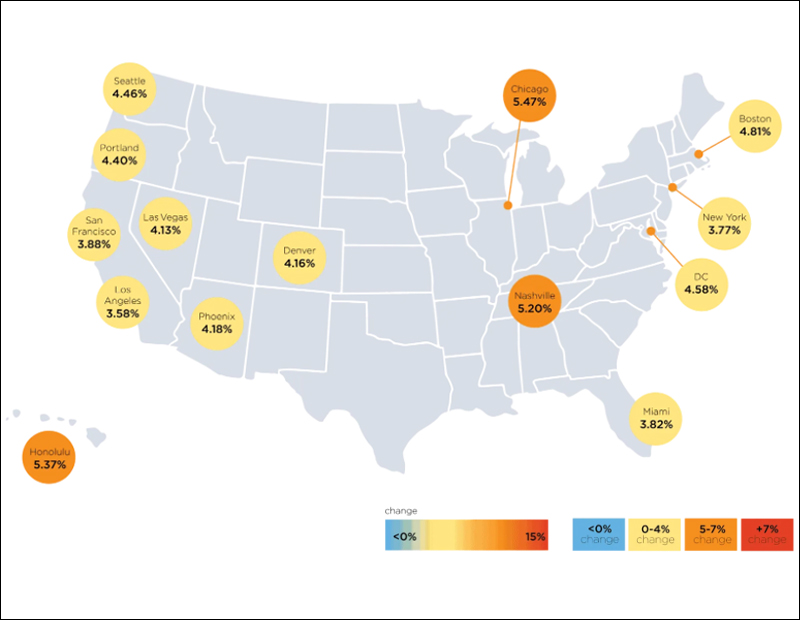5 Reasons to Be Thankful for Net Lease Retail’s Momentum
November 17, 2020
This investment segment is running counter to the disruptions in the general retail sector and the economy, notes Matthew Mousavi of SRS' National Net Lease Group.

Matthew Mousavi
The net lease retail property sector continues to experience investor activity and momentum despite the unprecedented turbulence and tragedies of 2020. As this year comes to a close and the Thanksgiving holiday nears, I believe the direct and ancillary players in this sector have some things to be thankful for. Here are my top five reasons:
- The Election: The outcome of the election, at least at this point in time, indicates a minimal impact—if any—to the current pricing we’re seeing for single-tenant net lease retail assets. Many view an incoming Biden administration combined with a Republican-controlled Senate (should it remain as such after the January runoff elections in Georgia) as a government where the more controversial proposals, sweeping tax changes, and other dramatic legislative changes are less likely to occur. This gives confidence to investors that elimination of favorable tax codes like 1031 exchanges won’t be passed.
- COVID-19 Vaccine Imminent: Announcements of successful COVID-19 vaccine trials have given investors more confidence that relief is coming, albeit the extent of damage to public health and the economy between now and then is still unknown.
- Tight Supply: The demand for passive net lease investment opportunities continues to remain very strong. With limited supply, in some ways this demand is even stronger than it was before COVID-19. Now more than ever, investors believe in essential net lease property, in particular drive-thru, quick-service restaurants, medical, pharmacy, value-oriented retailers like dollar stores, banks with drive-thrus and grocery stores. They view these categories as those that will not only survive but thrive in this environment. Other uses, like gyms, theaters, casual dining and entertainment venues, have been hard hit and in some cases, assets with these product categories as tenants are not salable, not financeable and not actively being marketed. Thus, a very tight supply of “salable” product is circulating in the marketplace.
- Low Interest Rates: Interest rates are still at historic lows and are expected to remain that way for a while. The Federal Reserve recently announced rates are expected to remain low through 2023, despite potential upward inflationary pressure. This results in highly attractive cash-on-cash yields for investors. In our observation, we are witnessing some of the highest cash returns we’ve seen in a decade, however, the caveat here is that lenders are still quite cautious and conservative when determining financing decisions. Only the right deals get a loan.
- Expanding Buyer Pool: For those acquiring essential use net lease assets with strong investment-grade credit tenants, cash-on-cash yields are very attractive. The buyer pool today is still made up of private investors, exchange investors, high-net-worth family offices, funds, syndicators and other opportunistic investors seeking to capitalize on the current achievable returns. We’re also just starting to see an influx of international buyers looking at opportunities, which could be a reflection of the more “globalist” profile of the incoming administration, as well as the strong fundamentals in the CRE industry.
We expect the robust market activity to remain at minimum into the first quarter of 2021.
Matthew Mousavi is managing principal at SRS’ National Net Lease Group.







You must be logged in to post a comment.